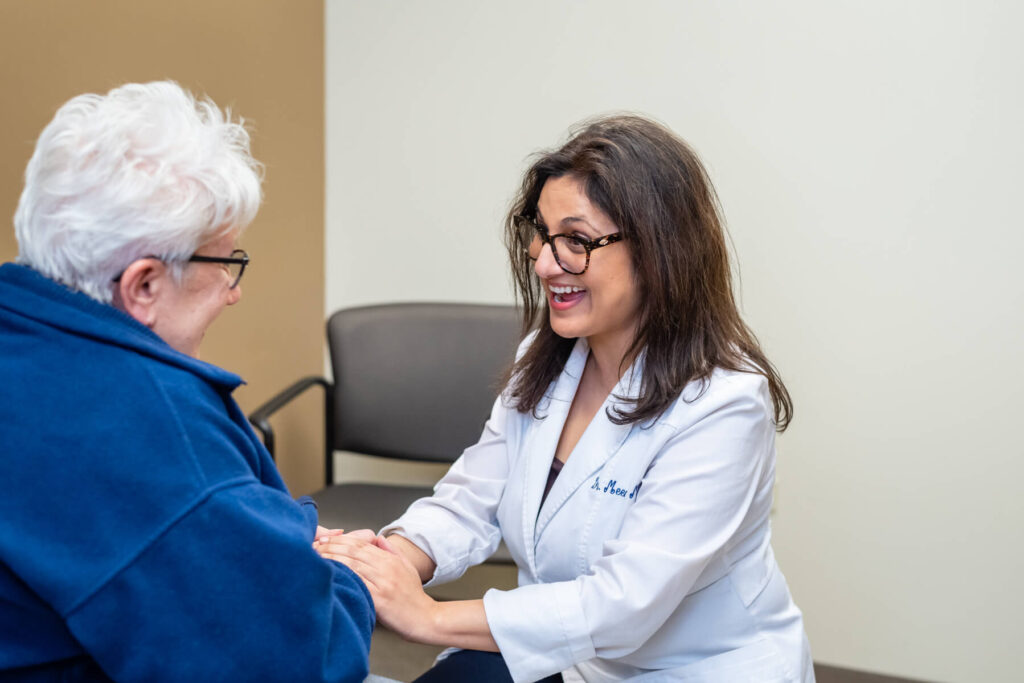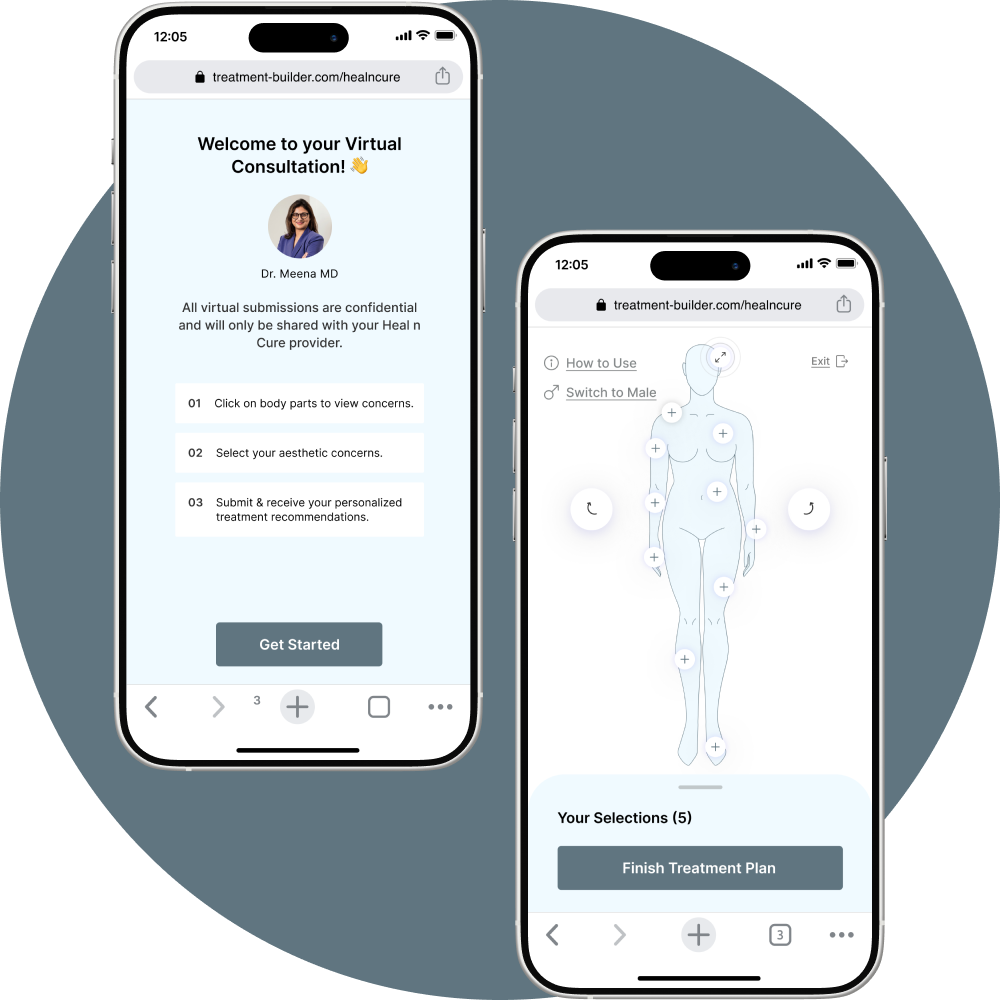
New Alzheimer’s Disease Test
Researchers have recently found a way to accurately predict Alzheimer’s disease in a way that is much more convenient and inexpensive than current methods of prediction of this debilitating disease.
“This is a potential game-changer,” said Dr. Howard Federoff, senior author of the report and a neurologist at Georgetown University Medical Center. “My level of enthusiasm is very high.”
The study was published in Nature Medicine.
The researchers decided to examine different fats in people’s blood to see if they could find any correlation between certain lipids (fats) and incidence of Alzheimer’s. They took blood samples from hundreds of healthy people over age 70 living near Rochester, New York, and Irvine, California. Five years later, 28 of the seniors had developed Alzheimer’s disease or the mild cognitive problems that are usually the first indications of Alzheimer’s.
Scouring more than 100 lipids for what might set this group apart, they found that these 28 seniors had low levels of 10 particular lipids, compared with healthy seniors.
To confirm their results, the researchers then looked at the blood of 54 other patients who had Alzheimer’s or mild cognitive impairment. This group also had low levels of the lipids.
Overall, the blood test predicted who would get Alzheimer’s or mild cognitive impairment with over 90% accuracy.
Researchers explain that the benefit of this test, is that it caught Alzheimer’s before the patient had any symptoms.
The research team plans to try out this test in people in their 40s and 50s. If the test continues to work then researchers could try experimental drugs and treatments in a group that’s almost sure to get the disease. That would speed research along immensely.
In addition, people could get a heads up that they were probably going to develop Alzheimer’s. Although some people might not want to know that they’re destined for a horrible disease, others might be grateful for the warning.
If any of these tests work out, it would still take years to make it to doctors’ offices, since the test would need to be validated by other labs and with larger groups of people.
Heather Snyder, a spokeswoman for the Alzheimer’s Association, said the study was well done but much work is still needed.
“It’s an interesting paper. It’s an intriguing study. But it is very preliminary,” she said.
It’s encouraging to see breakthroughs in tests that could predict such a devastating disease. If this test proves effective across the board, this will open up that gates to aggressive preventive measures. Even delaying the onset of Alzheimer’s by a few years would greatly improve the quality of life for the patient and their families.
Heal n Cure specializes in the prevention and reversal of disease and obesity. Book a free consultation with our registered dietitian to learn how Heal n Cure can bring life back into your years. https://healncure.com/
What do you think?
Leave a comment below
reference: cnn.com



